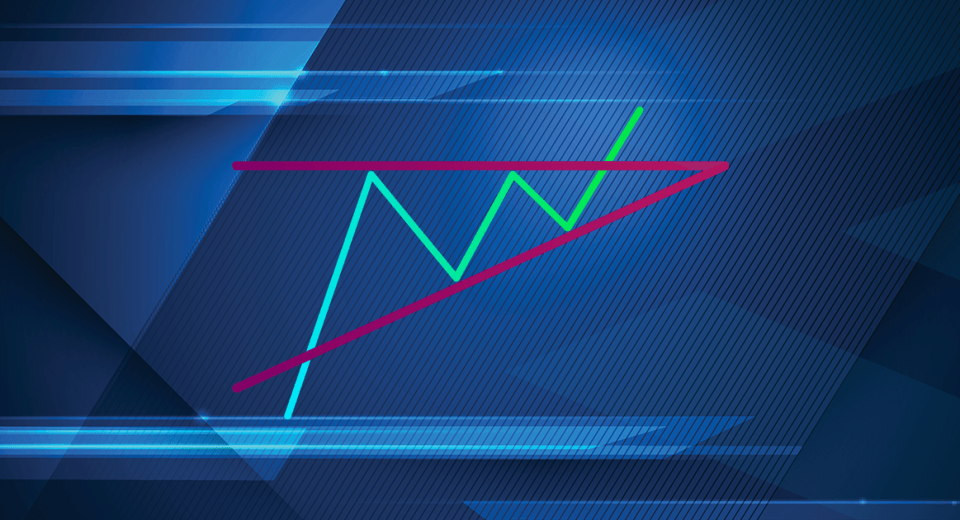What do Max Spread & Slippage mean?

The terms max spread and max slippage are often confused. While both are key to determining profitability in forex trading, and they both include the word ‘max’, there is actually a huge difference between the two. Let’s first look at what they are and then consider the differences.
What is Spread?
The price at which the market is willing to buy a certain currency is the bid price. This price is expressed in terms of the number of units of the currency you wish to purchase that you would receive with one unit of your base currency. For instance, if you have euros and you wish to buy dollars, you would look at the EUR/USD rate. Let’s say this rate is 1.2052. This means that you can buy $1.2052 with €1.
Similarly, the price at which the market is willing to sell a particular currency is the ask price. So, if you have dollars and wish to buy euros, you’d have to look at the ask price for EUR/USD. Let’s say this is 1.2057. It means you can buy €1 with $1.2057.
A currency quote includes both prices. Considering the examples above, the currency quote for EUR/USD would be 1.2052/57. The bid price is always mentioned to the left and the ask price to the right. The difference between these two prices is the spread, which is denoted in pips (percentage in point), and represents the cost of trading.
Max Spread
The spread can widen when there’s an economic or political event. When using an MT4 expert advisor, a trader can set the max spread, which prevents the platform from entering orders whenever the spread exceeds the defined amount.
This is a sound strategy. When spreads rise, it’s best to remain on the side-lines and wait for the market to correct itself. While a spike in the spread may be considered as a profit opportunity, it also means assuming high risk.
What is Slippage?
You may have high computer and internet speeds. And, you’ve automated trading by using expert advisors to react instantly to price movements. Despite all this, there may be delays in the execution of a trade, and prices may fluctuate during this time. The delay could be of a fraction of a second and result in a small difference between the price that you had set and the price at which the trade is actually executed. The difference between these two prices is called slippage.
Max Slippage
While slippage may be insignificant for some traders, it could result in meaningful gains or losses for those trading higher volumes. To contain slippage, traders often set a max slippage value. In MT4, you can set this by using the “slippage” option in the OrderSend command.
So, while the orders you have placed will still be treated as a command to execute the orders, max slippage will ensure that the orders are not executed if the price changes by the defined degree, or pip. Let’s say the EUR/USD rate is 1.2057 and you have set the max slippage at a value of 2. The programme will execute your order if the price is 1.2057, 1.2058 or 1.2059, but will not execute your order if the price is 1.2060.
Slippage is typically higher in fast-moving currencies and during periods of high market volatility.
A number of traders view spread and slippage in a bad light. Neither are so and both are part for the basic mechanics of any trading. Remember to define the max slippage within a reasonable range. In case your max slippage is too narrow, the platform would be unable to execute most of your trades and you’ll be sitting with pending orders and no activity on your account. And, you would have lost out on some possibly lucrative opportunities.
Disclaimer
If you liked this educational article, please consult our Risk Disclosure Notice before starting to trade. Trading leveraged products involves a high level of risk. You may lose more than your invested capital.







